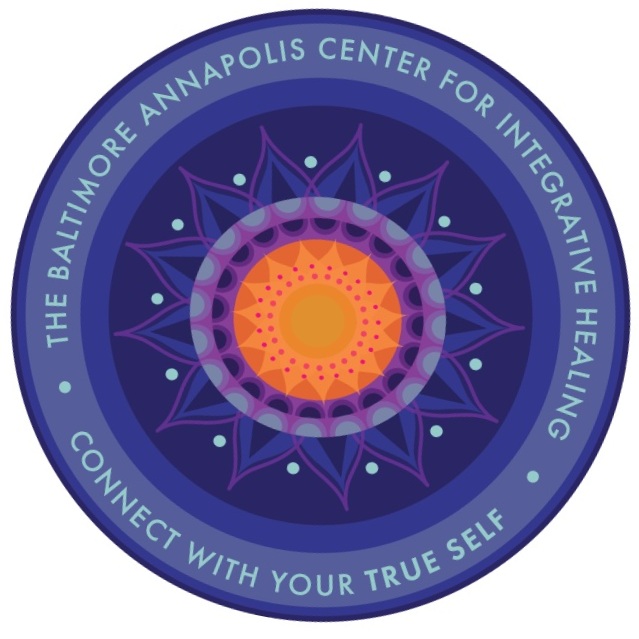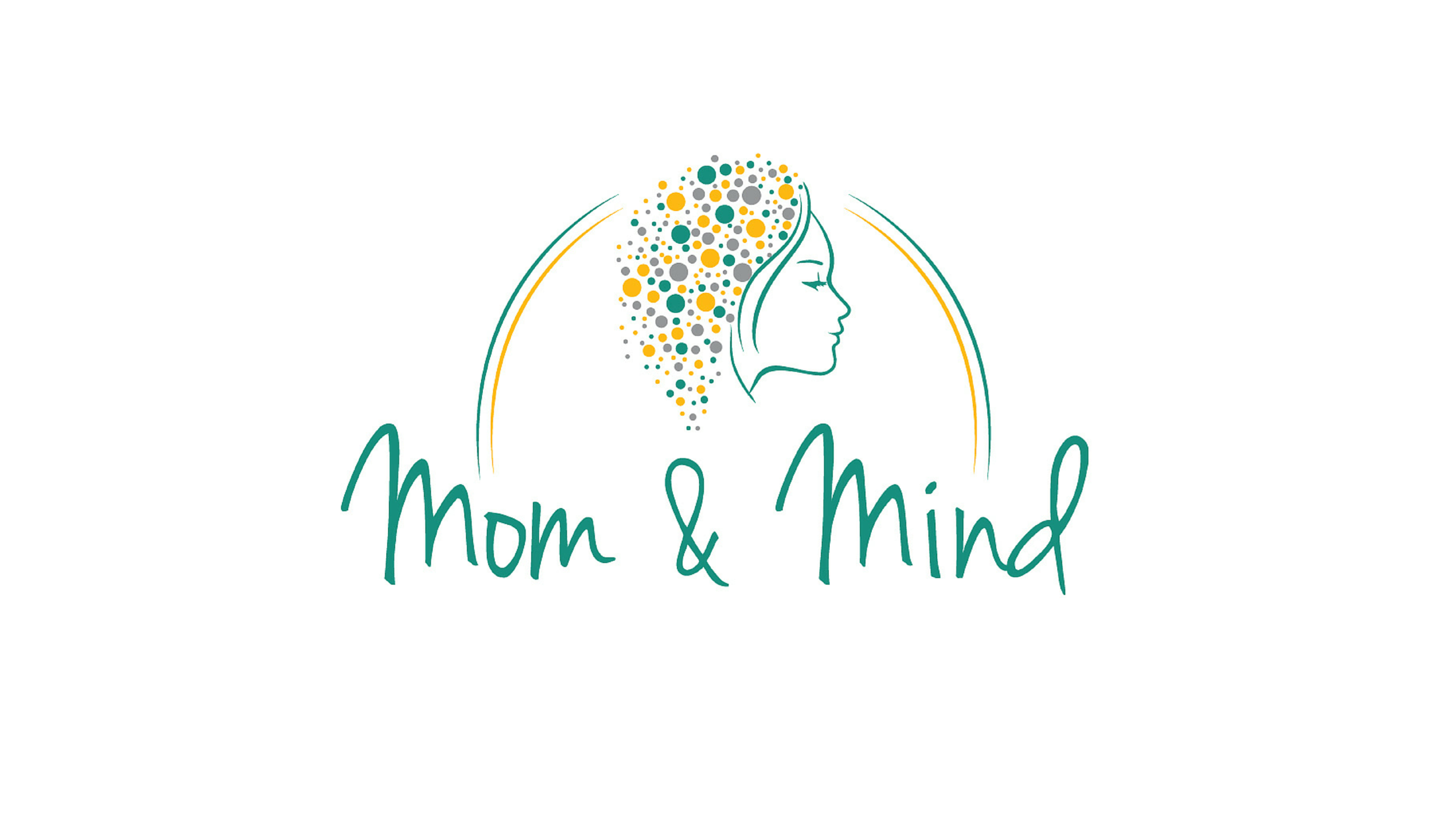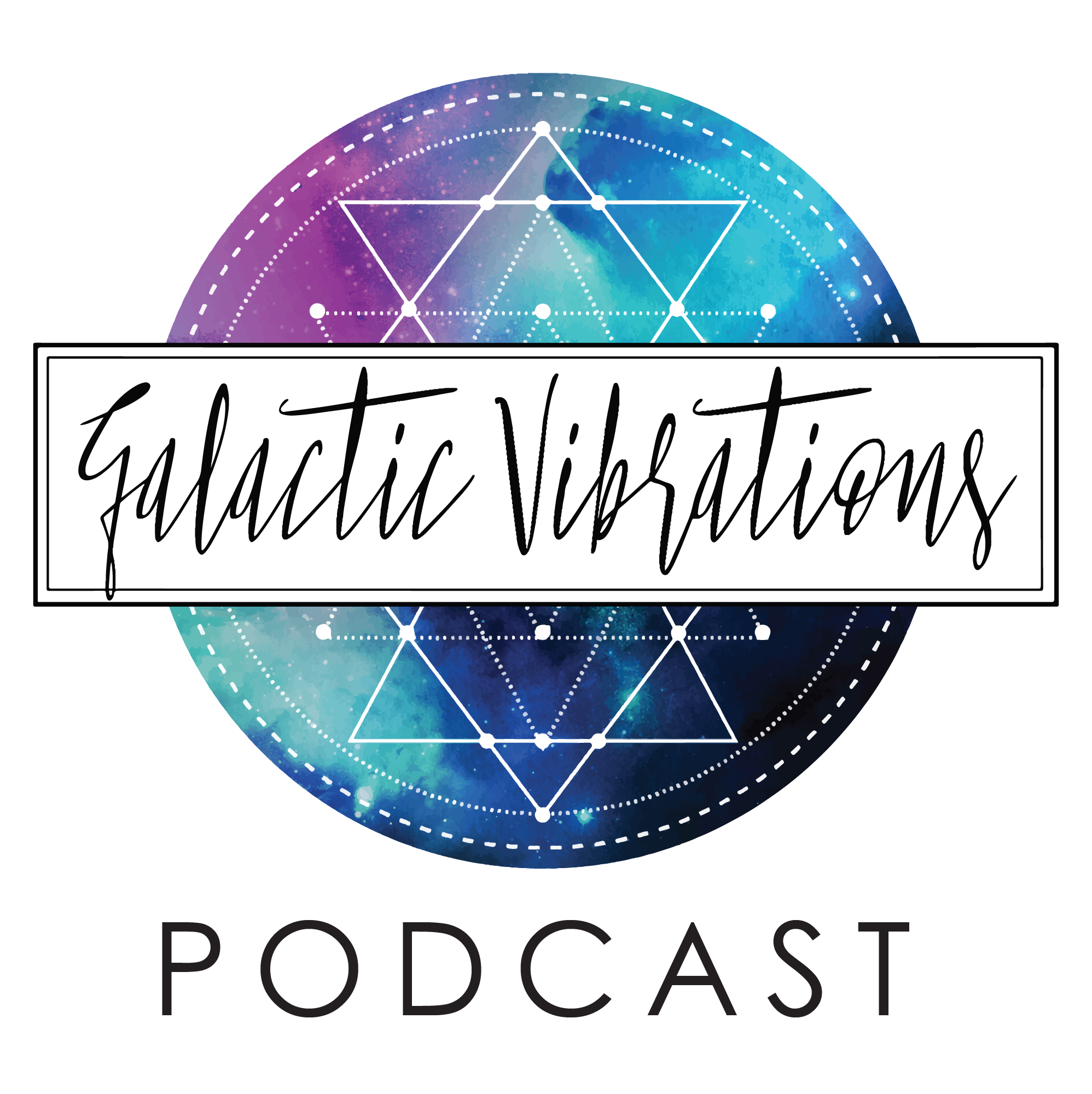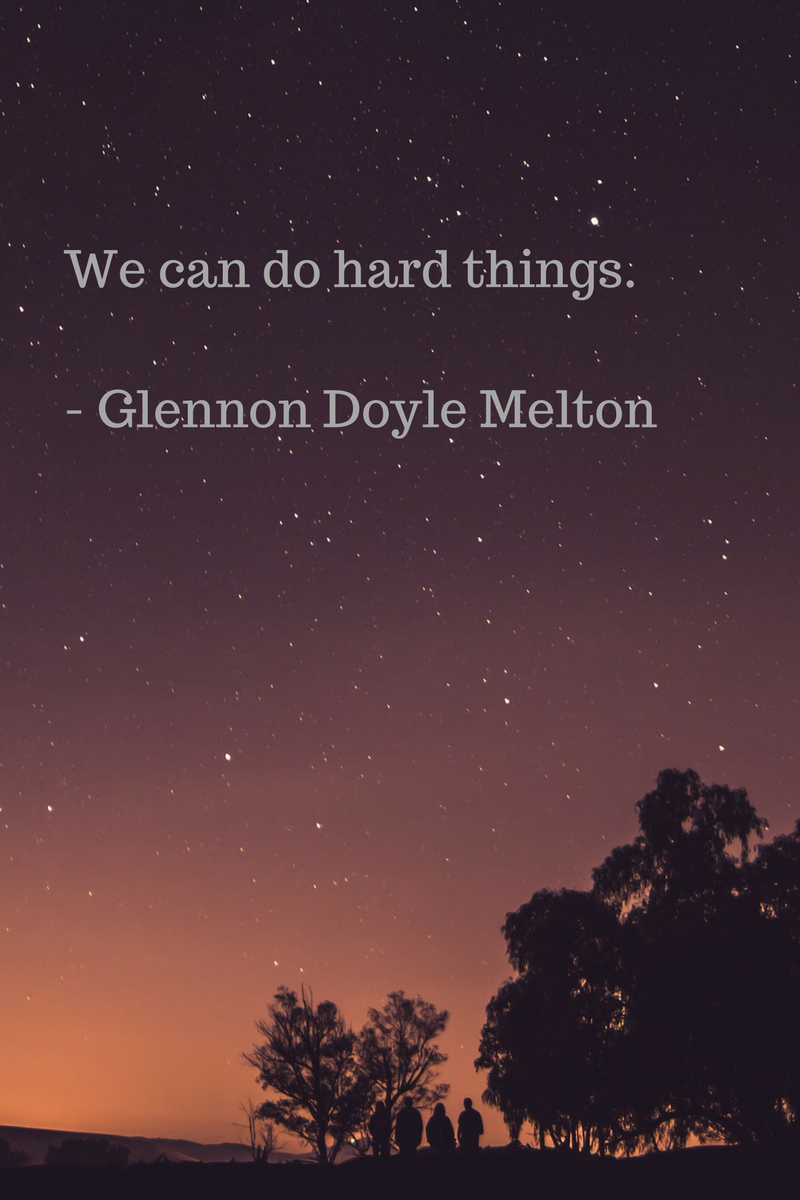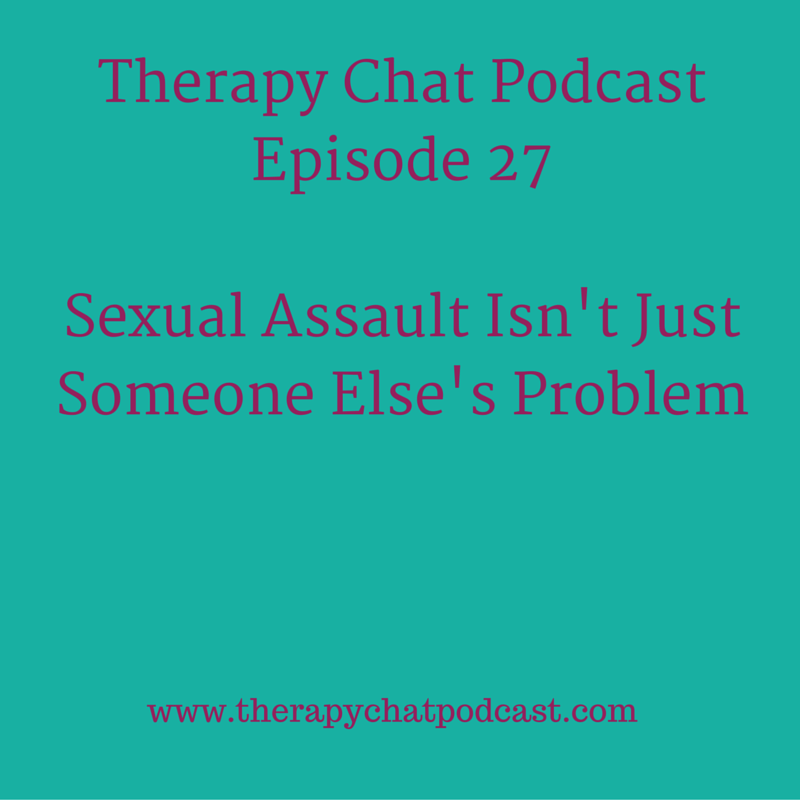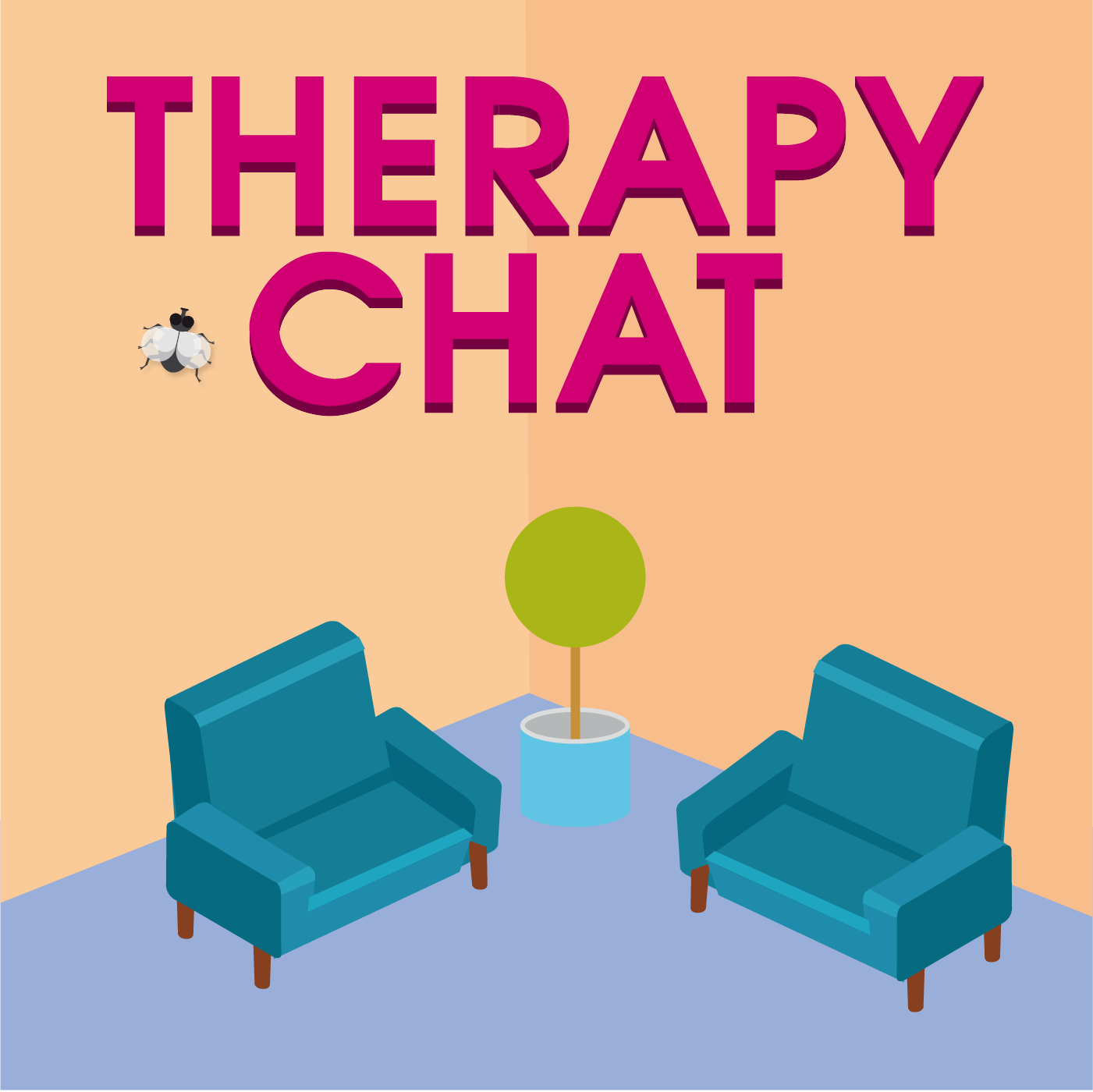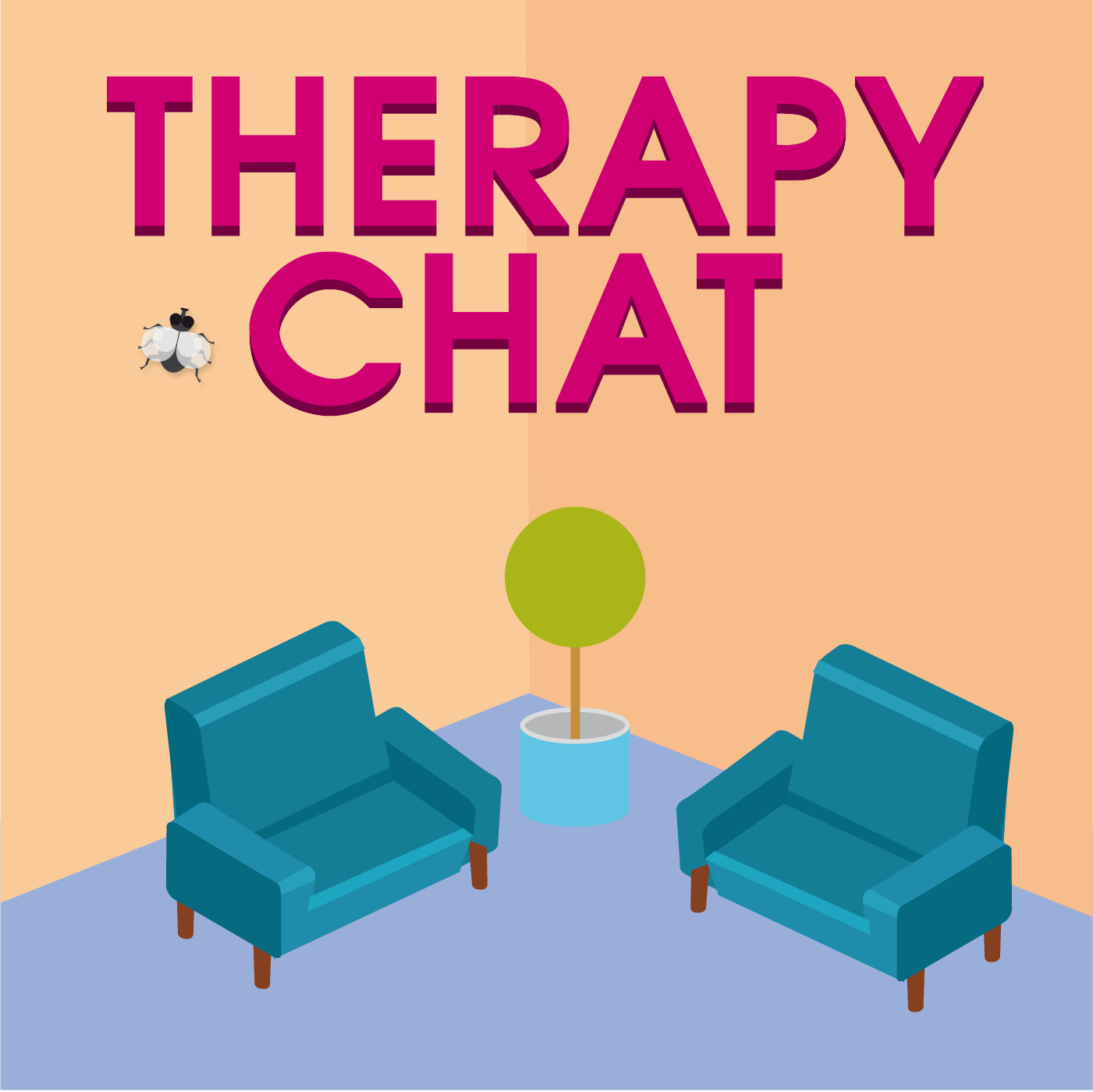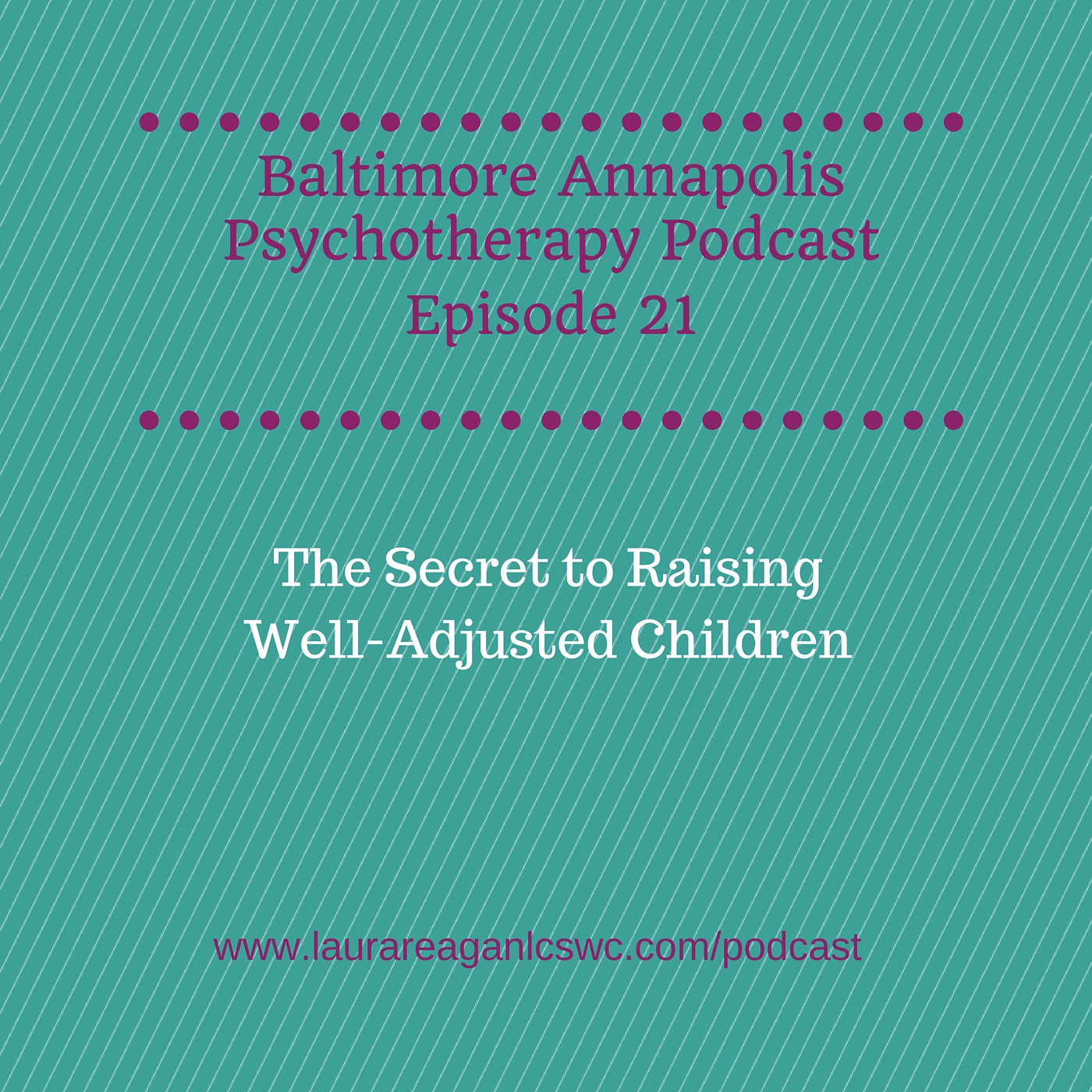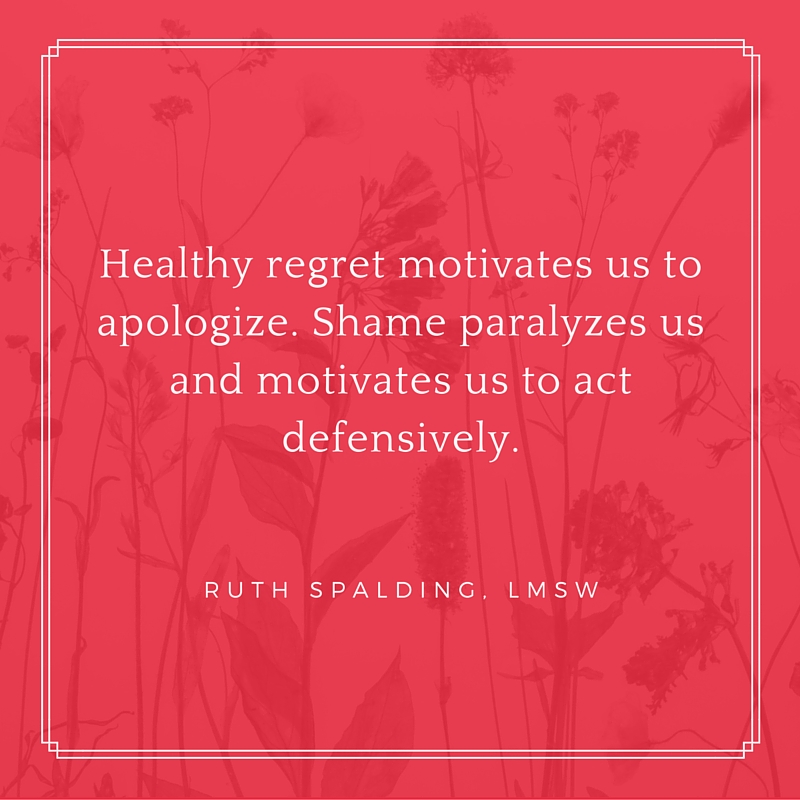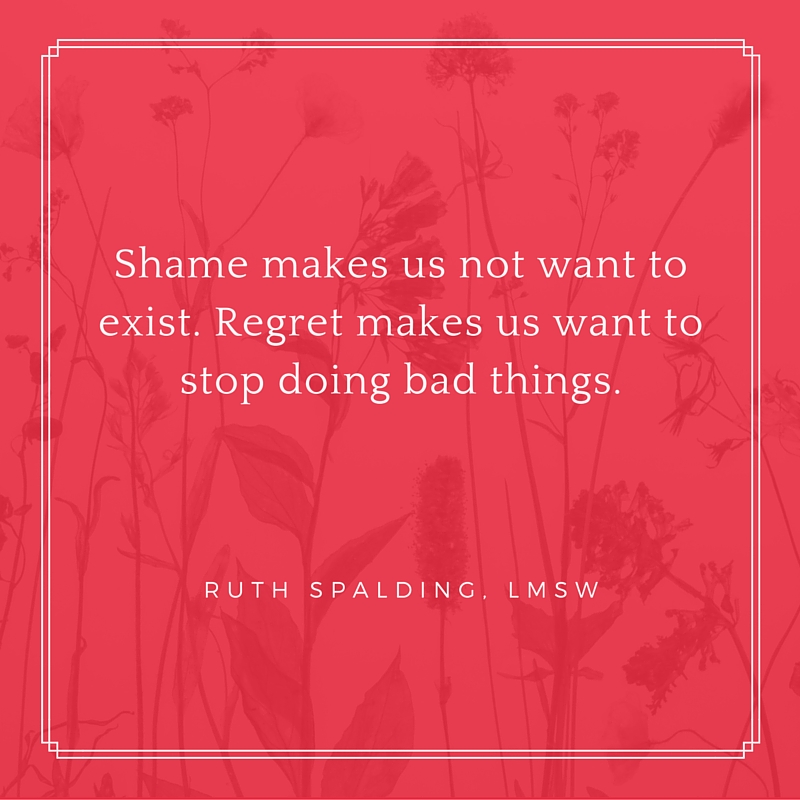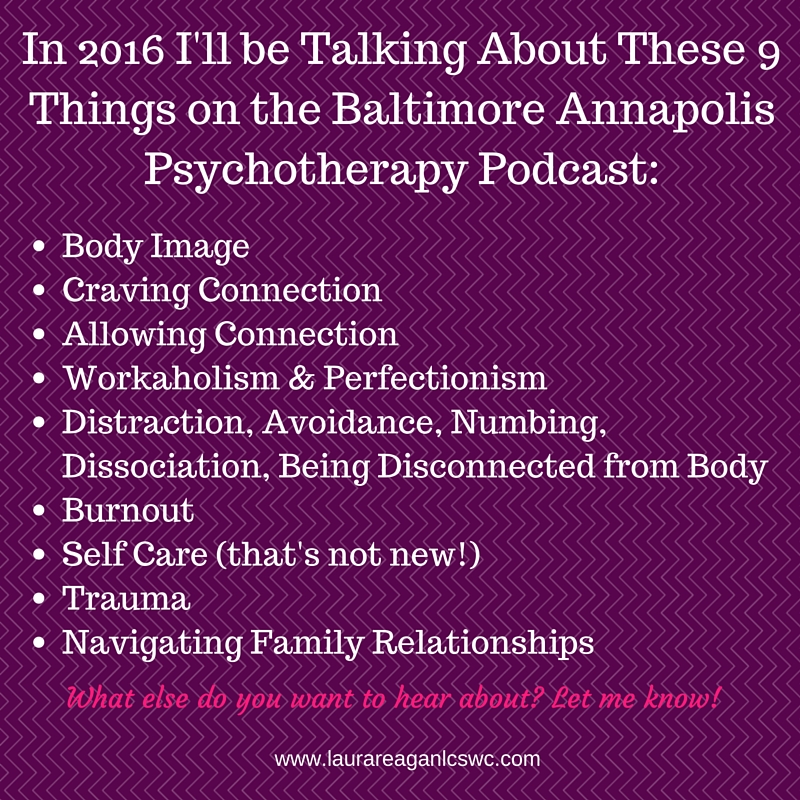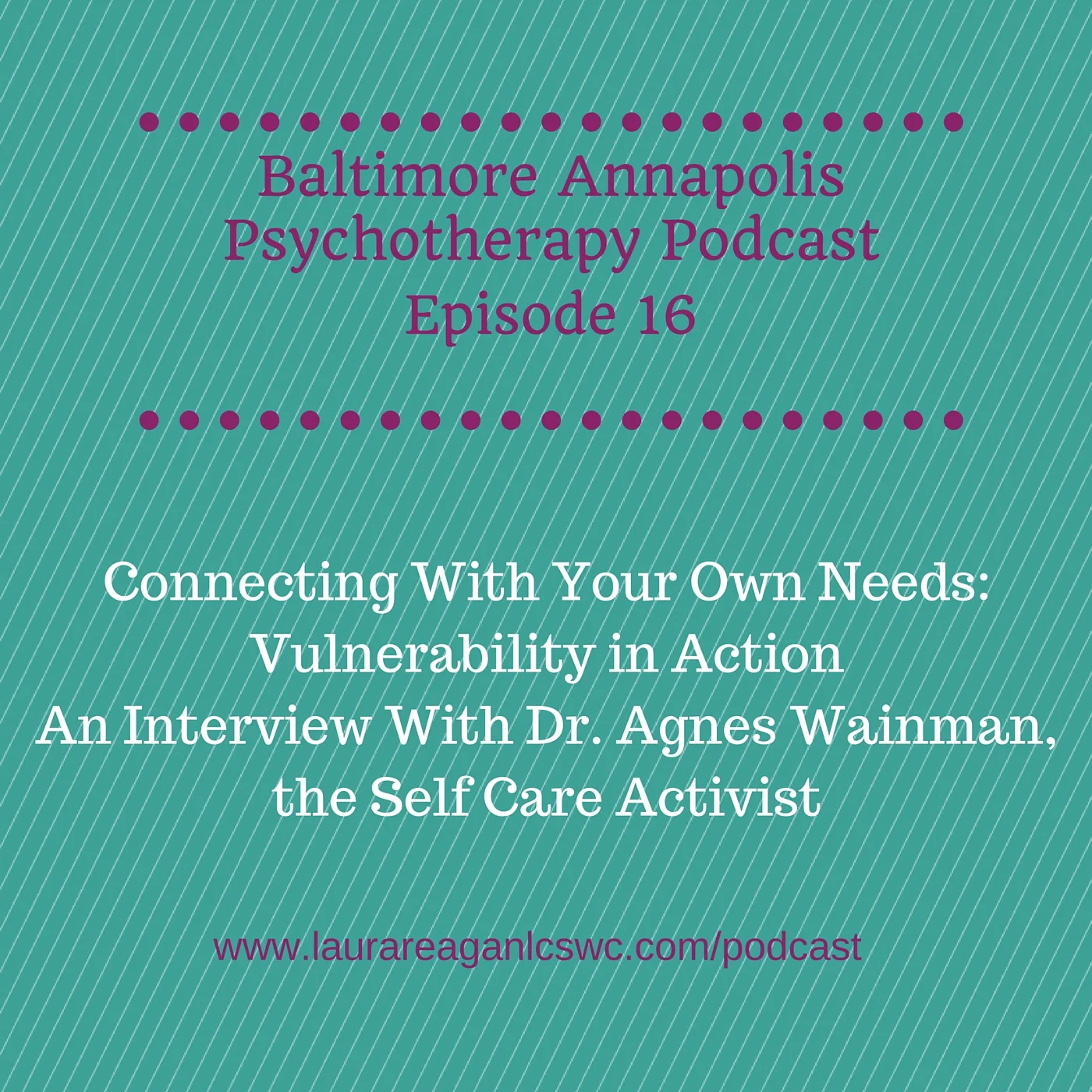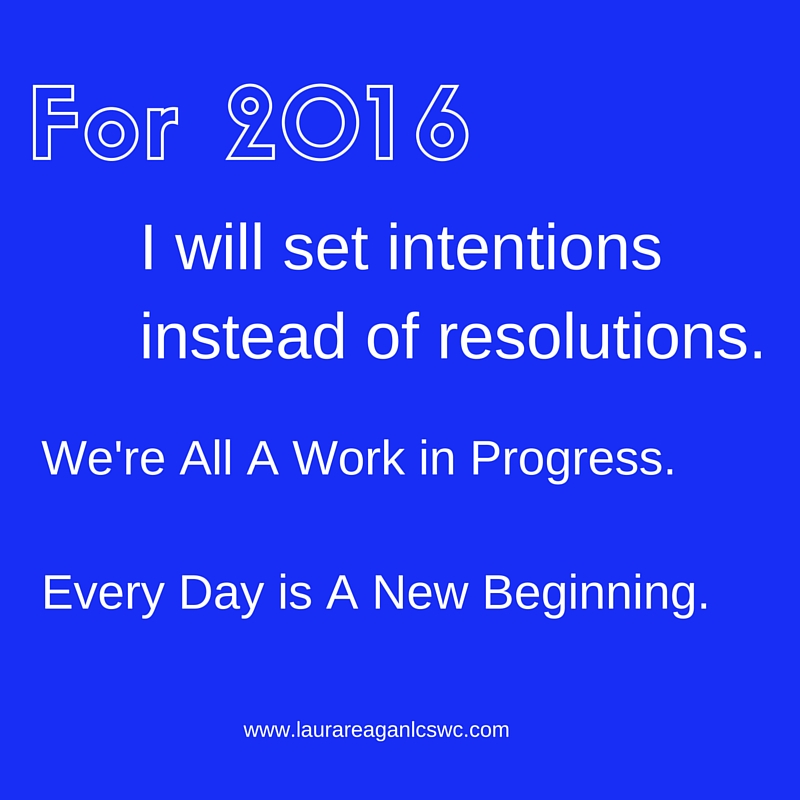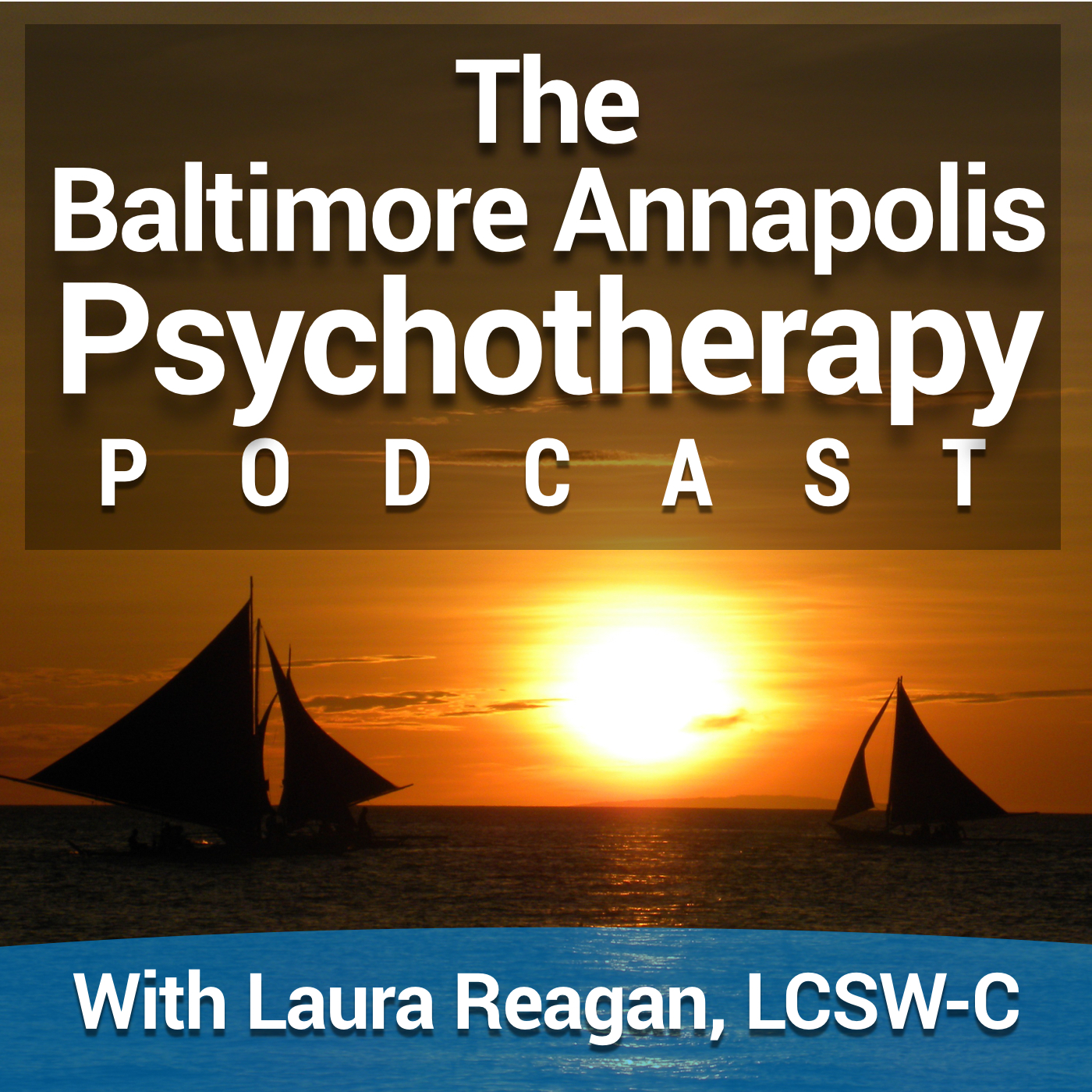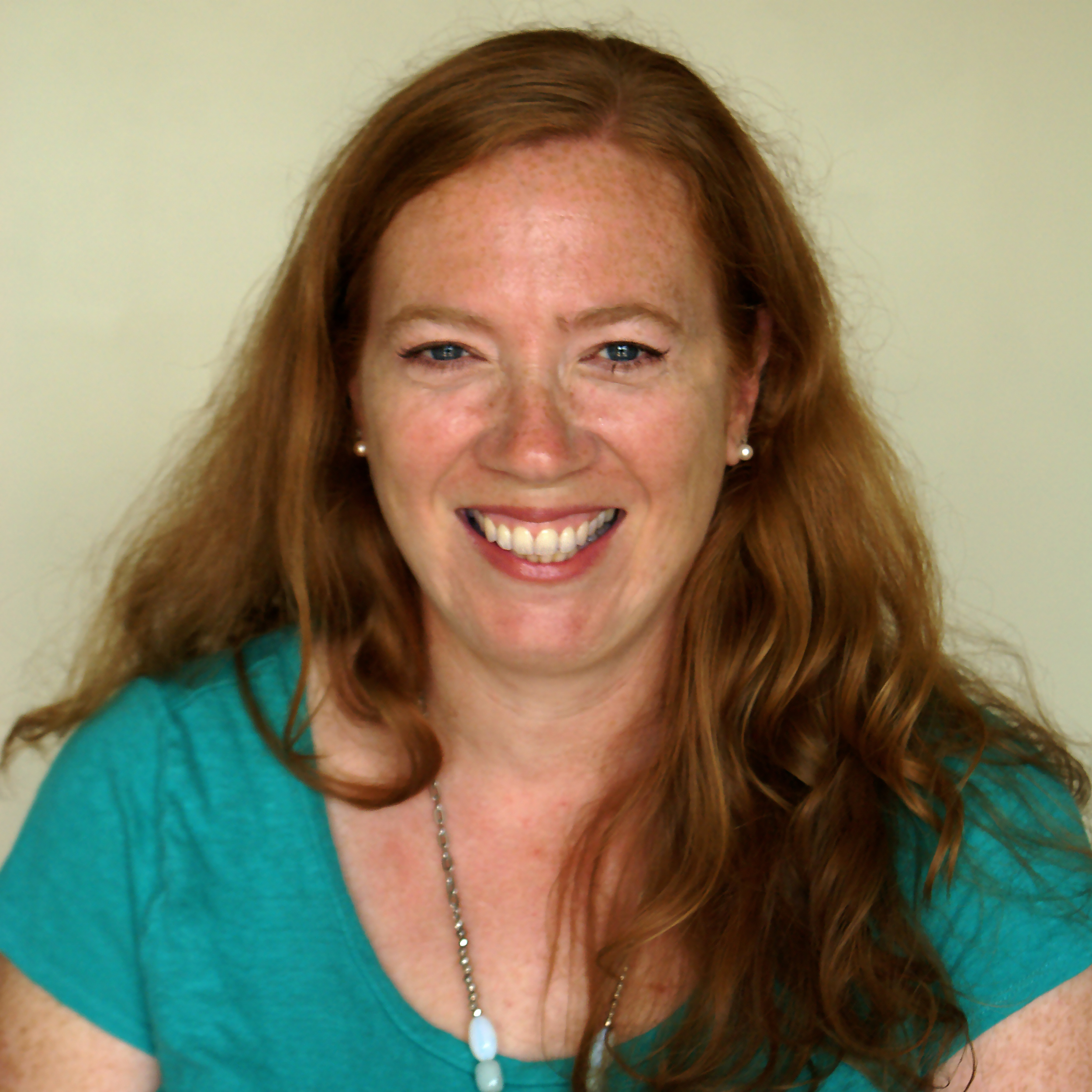Today, I did something hard. Have you heard Glennon Doyle Melton say "We can do hard things"? Well, we can. I can. I think. It's not always something huge - for me, today, it was trying something new and very challenging.
Fulfilling a promise I made to myself and to listeners of Therapy Chat (talk about accountability!), I took my 45 year old body which has not been on the back of a horse for 32 years - and even then, at age 13, my experience was limited to two or three times I rode a horse while someone held on and walked it - and had my first horseback riding lesson. My first lesson, ever. It was clear that the people at the barn and at the shop where I bought my helmet today expected I had SOME kind of experience on a horse when they were talking to me. They kept saying "so you're coming back to riding?" I was like, "no, I'm an absolute beginner. I've never done it at all."
I like knowing.
I'll be honest, I hated how it felt to admit that I didn't know ANYTHING about horsemanship. I am realizing more and more - I LIKE KNOWING! Not knowing is totally uncomfortable! At this stage of my life I feel like I KNOW in most situations. Maybe it's because I'm a parent and I've become comfortable in that "bossy know it all" role. Maybe I don't push myself out of my comfort zone often enough. Yet I do challenge myself fairly often! In fact, when discussing this with my husband he noted that it seems easy for me to do new things. Not really! Recent experiences of stepping into unfamiliar territory have reminded me (i.e. I've reluctantly accepted) that it's okay to be a beginner. But I am not going to lie, I strongly dislike that feeling.
It seems like a metaphor for what it must be like for my clients to come to therapy. And what it has been like for me to go to therapy. It's vulnerable!!! Vulnerable is an understatement. Vulnerability makes my skin crawl.
In fact, the more I know as a therapist, the harder it is to be the one on the couch. Yet I also know that I will be my best self as a therapist when I continue exploring the parts of myself that I don't really enjoy looking into. For all of us, those parts are there and they are either in the shadows, where we don't see them as they are calling all the shots, or they are in our conscious awareness and we can manage them more effectively. [Listen to previous Therapy Chat episodes on the Shadow here, here, here and here].
So today I was struggling with not knowing, being a beginner. Pretending I don't feel that way - or avoiding noticing this overwhelming sense of wanting to know - might seem easier. I certainly don't need to write about it here! I'd rather play it cool. I could just have this private experience and not say anything about it publicly. I am sharing it here because I hope it will help you sit with that discomfort when it comes up in your life. You can turn toward the discomfort - feel it - or turn away from it - avoidance.
It's much more fun and interesting, from my perspective, for me to sit back and tell you how much I know about what you might want to try doing differently so you can feel better in your life. But what I really know all comes from my own experiences of struggling and figuring stuff out the hard way. Yes, I have a lot of training and experience but if I couldn't apply these lessons to my own life something would be missing. So showing you that I struggle too is a way I hope to help.
How did I get here?
How did I end up on the back of a very large horse today? I've been talking about wanting to learn horsemanship. I've been talking about it for more than 10 years. I talked about it in a previous blog and Therapy Chat episode. I've told myself that all I need to do is sign up and get started. True. So this year I signed up. I got started today. And this is what happened:
Spoiler: it wasn't all rainbows and butterflies.
I was scared. I was nervous. I struggled with not knowing. I found myself using self-deprecation while purchasing a helmet at the Saddlery and while learning how to groom and tack at the Equestrian Center. I probably won't remember how to groom and tack and will have to re-learn next time. I judged myself - fairly harshly. I told myself my body isn't able to do this - even while knowing that my body is strong. I kept telling myself I am too big for this - too tall, not slim enough. Maybe the people who ride are slim because it's great exercise. Maybe I will become slimmer too. Maybe I won't. Maybe they aren't all slim. Maybe it doesn't matter.
A horse weighs over 1,000 pounds. The horse did not seem troubled or disturbed to have me sitting on his back. He wasn't groaning at holding me up. I watched myself in the mirror, thinking, "ugh, do I look like that?" even while knowing my body is strong. Knowing I've never done this. I don't have muscle memory for this. I will learn this. I am strong! But I was judging myself. Judging my appearance. Judging myself for judging myself. Yes, I'm serious.
Getting up on that horse was HARD. It was SCARY. It was really high up! I was afraid I wouldn't be able to mount the horse. I literally felt like I felt when I went skiing at age 13 and I fell, and I didn't think I would be able to get up. It is not easy to follow verbal directions in that kind of situation when the animal you are trying to climb onto is moving and you can't really see where to place yourself. By the way, getting down was even harder and I almost fell. But I didn't. And even if I did. so what? Even if I got hurt?! I will be okay.
There is an element of trust to this. I'm working on it. Do I need to trust the horse or trust myself? Maybe - probably - both. As my daughter said to me today when I was telling her how hard it was, "Not everything is a therapeutic experience, Mom." Well, true. But I am convinced that this can be. And I am struggling - so apparently it already is.
